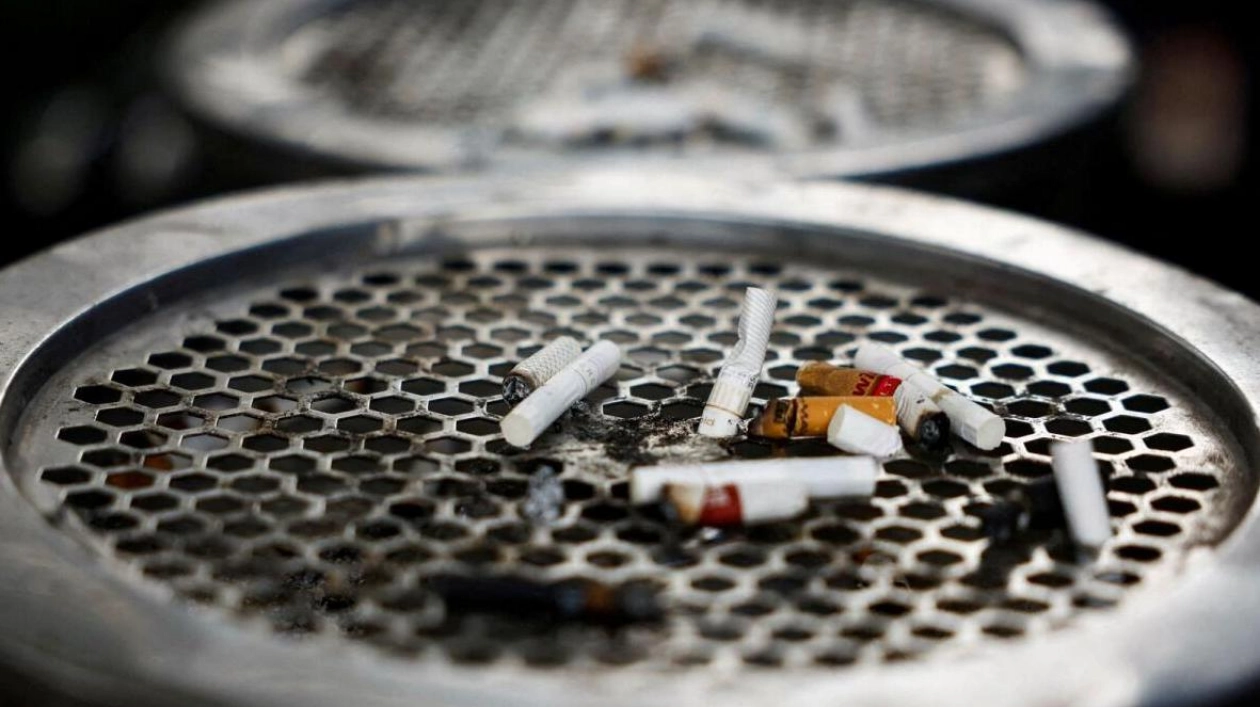Indonesia has increased the minimum age for buying cigarettes from 18 to 21, as part of a broader set of health regulation updates aimed at reducing smoking rates in a nation known for its high prevalence of the habit. With a population of 270 million, Indonesia ranks among the world's leading tobacco producers, and according to a 2021 survey by the World Health Organization, approximately 70 million adults in the country are smokers.
Last week, President Joko Widodo signed a government regulation that not only raised the minimum age for cigarette purchases to 21 but also prohibited the sale of individual cigarettes, a low-cost option frequently found in local street shops. The regulation aims to "reduce the prevalence of smokers and prevent early smoking," and includes a ban on cigarette sales within 200 meters of schools and playgrounds. The changes took effect immediately.
A 2023 survey by Indonesia's health ministry revealed that 7.4% of the country's 70 million smokers are between the ages of 10 and 18, with the highest number in the 15-19 age group. Additionally, the new regulation prohibits the sale of both traditional and electronic cigarettes on commercial electronic platforms and social media, and bans cigarette advertising on these platforms. Penalties for non-compliance range from written warnings to temporary bans on advertising.
The advertising provisions will be enforced in two years. Critics of the new regulations argue that some measures are insufficient to effectively curb smoking. Tubagus Haryo Karbyanto, a proponent of tobacco control, believes that while some provisions, like those governing electronic cigarettes, are beneficial, a technical implementation regulation is necessary for effective monitoring and enforcement. Manik Marganamahendra, an advocate for youth tobacco control, emphasizes the need for stricter enforcement of the age limit, possibly through ID verification. Despite these measures, Indonesia has also attempted to reduce smoking by increasing excise taxes on tobacco products annually, including a 10% increase this year.






